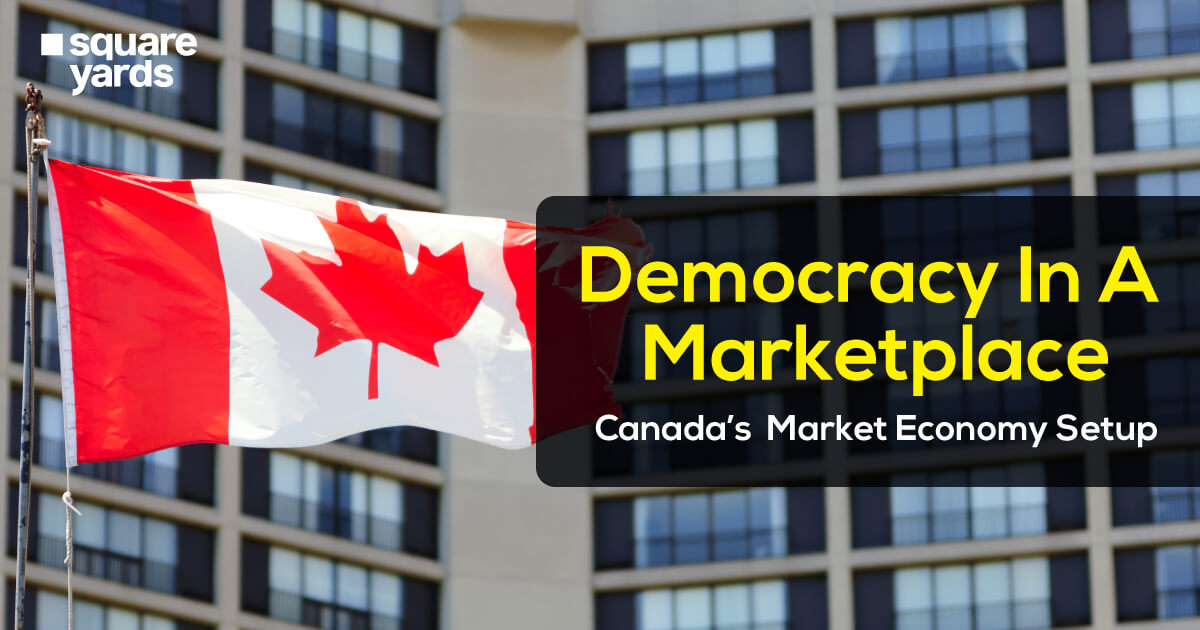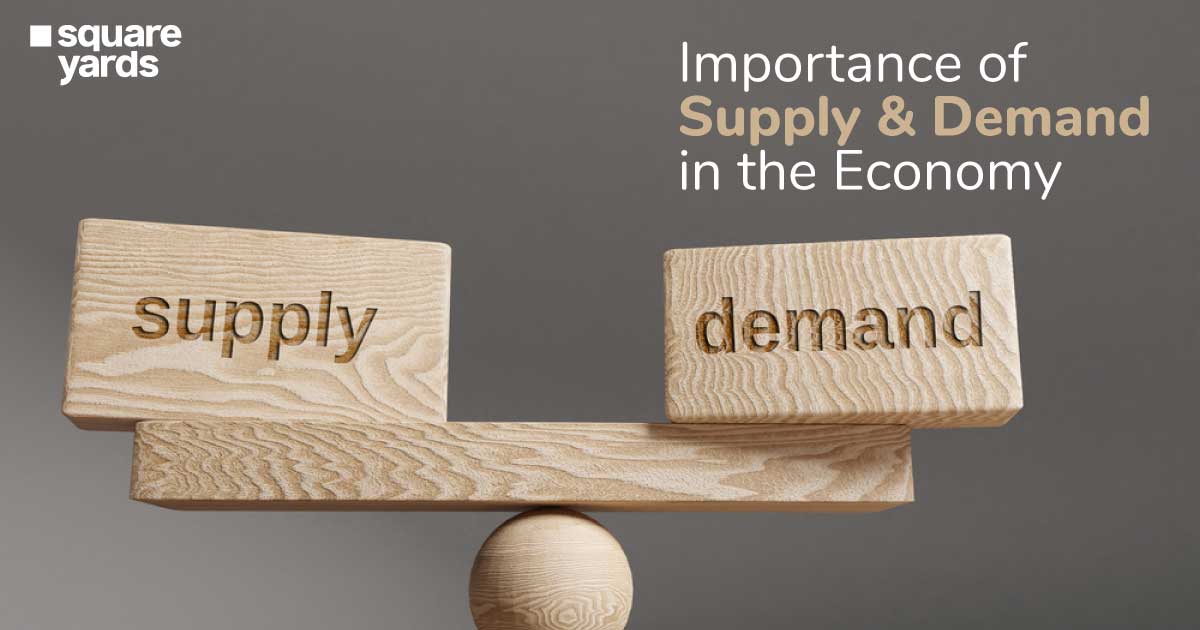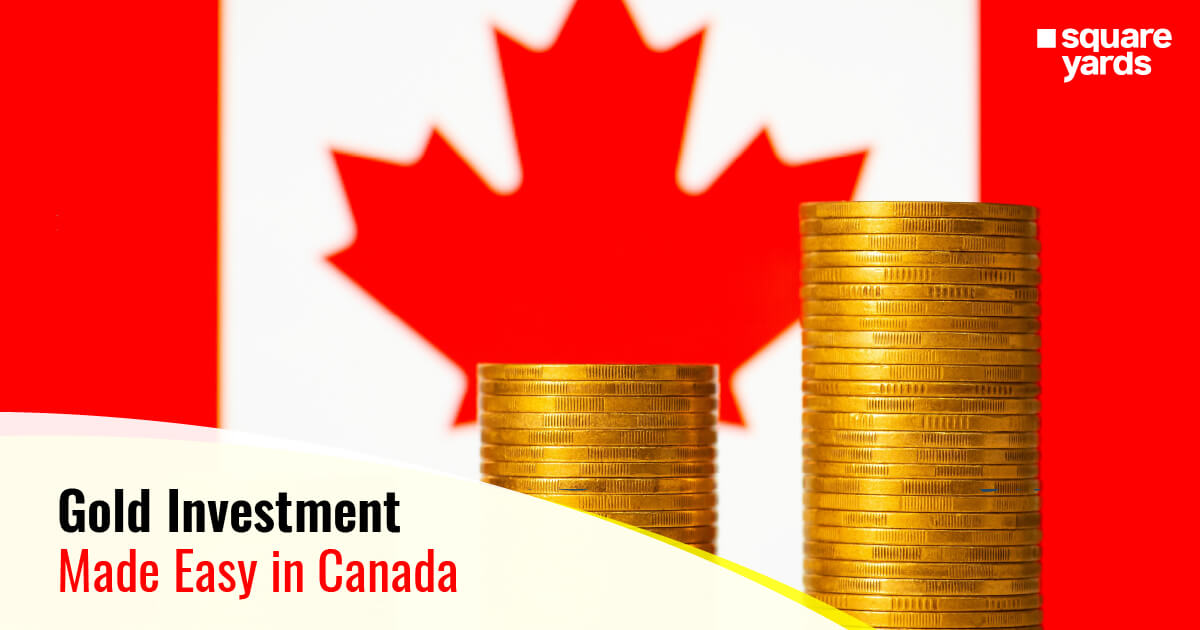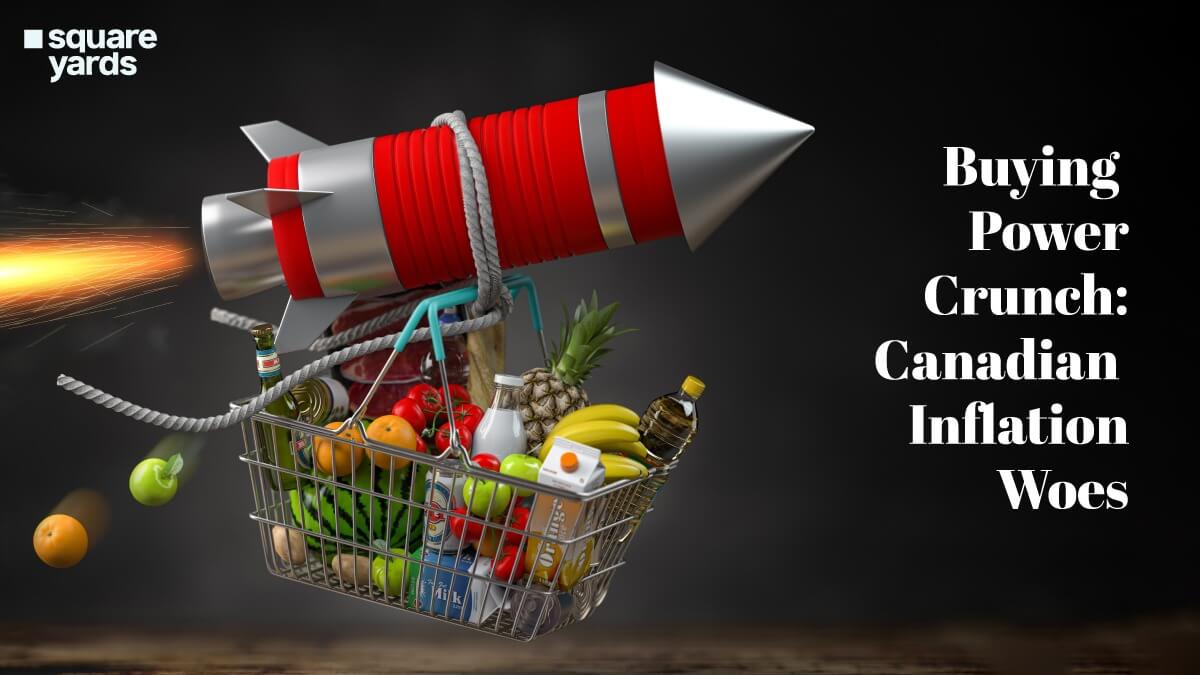Let’s jump back to our economics classes. Our teacher made it loud and clear: Canada is a market economy. In unison, we have also followed that Canada market economy. As a rightfully sane and responsible person would do, we dutifully moved on after echoing the choir. And years after, that is today, a willing search to know what a market economy really is, brings you here. Everyone’s heard of Shopify, right? The multinational e-commerce brand that has democratised online selling and made it accessible to everyone. And the craft beer revolution? Over the last many decades, the drinkers’ frustration with one-toned beers has replaced international brands with local beer brands in search of richer, more flavourful, and riveting drinks. Or, take another story – the rise of the quiet but fast Tesla EVs.
Even though all of these success stories are from completely separate industries, a common thread binds them all. All of this could be possible in Canada because, let us repeat, Canada is a market economy. This one’s a blog and not a lecture. We promise to take you out of your dull classroom retrospections and explain the advantages of a free Canada market economy in a fun and engaging manner. So, the next time you read your newspaper or listen to experts talk on Bloomberg BNN, your nods will be all the more truthful!
Defining Canada Market Economy
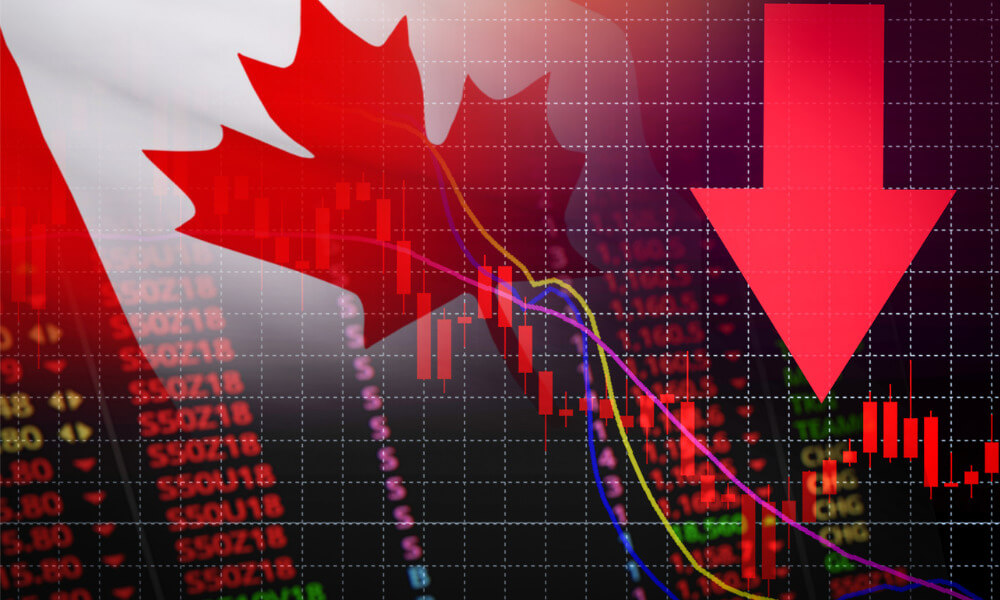
From Shopify to local beer, the success of these brands can be attributed to a rise in public demand to change the existing framework of things. Such an economy, where supply and demand market forces play a crucial role in controlling factors like production, consumption and pricing, is called a market economy. Another quick call back to the textbooks. Remember the term, Laissez Faire. It means a free market, and the market system we’re discussing is the same. A Canada market economy ensures maximum private control and minimum government intervention. Thus, the market is naturally driven by the dynamics of prices and profits, not welfare. Consequently, businesses, startups, and corporations decide according to these trends. To attract more consumers and stand out from their competitors, they continuously innovate and adapt to offer products and services.
In Canada, this economic model has fostered an environment of entrepreneurship, competition, and choice, contributing to the country’s high standard of living, economic flexibility, and ability to adapt to global changes. However, the model also brings its share of challenges, which we’ll discuss ahead in the blog.
The Good Part: Advantages of a Market Economy
The primary pillars of a market economy are freedom and competition. Based on these two factors, much good comes about. Checkout some of the prominent advantages of a free market economy below:
Greater Freedom
The degree of freedom businesses get in such a setup is fairly unmatched. They’re free to decide what to produce, how, for whom, and at what price to sell their produce. Why can this model give its producers such a free hand? Because of minimum government intervention. A free economy is much like adulting. The government believes businesses and individuals are capable enough to make their own choices and paths. Further, minimum intervention does not mean no intervention. The government continuously frames and enacts laws to regulate how businesses treat their customers and workers while pursuing their best interests.
Greater Innovation, Better Products
If there’s one top merit of a free economy, it’s fostering innovation. It can do so primarily because the competition is so stiff, that to stand out, a product has to scream unique! To attain this product differentiation, companies go to great lengths to develop new ideas, fresh designs and better ways of consumption that improve the ultimate experience. Remember the first time you used a touch-screen phone, or tried an impossible burger? It’s all market innovation. And it peaks in a setup like this.
Consumer Rules
In a market economy, the customer is the kingmaker. As the market is heavily dependent on demand and supply trends, businesses thrive by satisfying the needs of their consumers. This leads to a wider variety of goods and services, competitive prices, and better quality. Have you ever noticed how many different types of maple syrup you can find on supermarket shelves? Or how telecom companies fight over who has the best coverage? That’s the market economy working to win you over, ensuring your satisfaction is at the forefront.
Greater Adaptability
The freedom to make decisions gives businesses the flexibility to adapt in challenging times and situations. When global pandemics (looking at you, COVID-19) change the way we live, work, and shop, this flexibility helps make quick shifts. Businesses pivot to online sales, restaurants start delivering, and telework becomes the norm. This adaptability isn’t just about surviving; it’s about thriving in the face of challenges, showing the resilience of businesses and the economy at large.
The Shortcomings: Disadvantages of a Market Economy
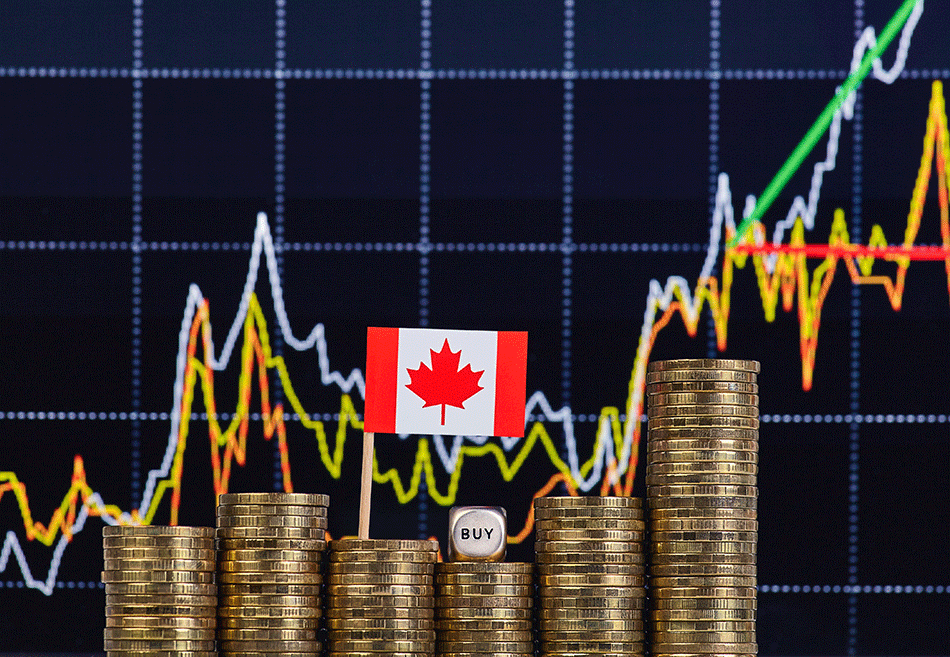
While the market economy system sparkles with numerous advantages, it’s only fair to explore its less exciting side. Here are some of the demerits of having a free open market:
The Wealth Gap Widens
First on the list is the widening of the wealth gap. Until now, we’ve imagined a fully democratic market where whoever can enter as and when they please. But the world’s not so simple. Market economies can soon become a game of monopoly, where some players build empires while others struggle to pass ‘Go.’ This further leads to a highly unjust distribution of wealth and resources, while values like hard work and equal distribution go for a toss!
Not All is Fair in Love and Market
As in such a system, the relentless pursuit of profitmaking often puts an unethical blindfold on the producers. Ethical practices are consequently compromised. When the government is involved in an economic framework, it plays a significant role in ensuring that the welfare motive stays in economic development. Without it, profit maximisation becomes the sole aim of a business. In environments like these, progressive values like environmental and inclusivity policies often end up being nothing more than just PR exercises for social acceptability.
The Survival of the Fittest
Be it humankind or business-kind, the survival of the fittest is a ruthless scheme. While a market economy fosters innovation and efficiency, it can also lead to the downfall of small businesses that can’t compete with the big sharks. Better access to large companies often leaves smaller ones bereft of resources and capital. This is mainly why a certain level of government control is maintained even in a free economy.
The Safety Net Has Holes
Lastly, the market economy’s emphasis on minimal government intervention means that not everyone is caught when they fall. Social welfare systems may not be as robust, leaving individuals vulnerable during economic downturns or in the face of personal misfortune. This gap can be a point of contention for a country that values taking care of its citizens, prompting discussions about the balance between economic freedom and social responsibility.
A Quick Revision!
We come right back to where we started. Freedom, and choice. Canada market economy system has allowed these fundamental privileges to businesses as robustly as granted to its citizens. Every country makes its own choices. In search of efficiency and innovation, Canada chose to let the supply and demand market powers be the deciding factors. While balancing this economic freedom and social responsibility is always debatable, this economic system has helped Canada reach global economic success.
Like any great story, this, too, has its good and bad chapters. Giving room to greater technological advancements, experimenting with newer ideas, and making space for entrepreneurship – there has been much good that comes with open markets. But simultaneously, a widening wealth gap and blinding greed for profits need timely checks. Amidst all of this, one thing is abundantly clear – getting a hold of economics isn’t that complicated after all. A little bit of storytelling, and a little bit of textbook plug-ins, and we are ready to go! Keep reading on Square Yards for other simplified concepts, real-estate updates and much more.
You May Also Read :
|
Know The Supply And Demand |
|
|
Celebrate Holi in Canada |
|
|
Guide To Free Healthcare in Canada |
|
|
All About Cryptocurrency Investment |
Frequently Asked Questions (FAQs)
A market economy is an economic system where the production, consumption and pricing of goods is determined by the market forces of demand and supply. Further, there is a greater private and limited government role in such setups.
No, capitalism and a market economy are related but not identical concepts. Capitalism is about the ownership of modes of production in private players' hands. In market economies, it's about the distribution of resources based on demand-supply trends.
Open markets have high levels of competition among companies. And since consumer demand is highly important in such a market, attracting consumers with standout products becomes important. Companies are pushed to be more innovative in a market economy to achieve this uniqueness and product differentiation. Explain the concept of market economy?
Is capitalism the same as the market economy?
Why is it said that the market economy drives innovation?

